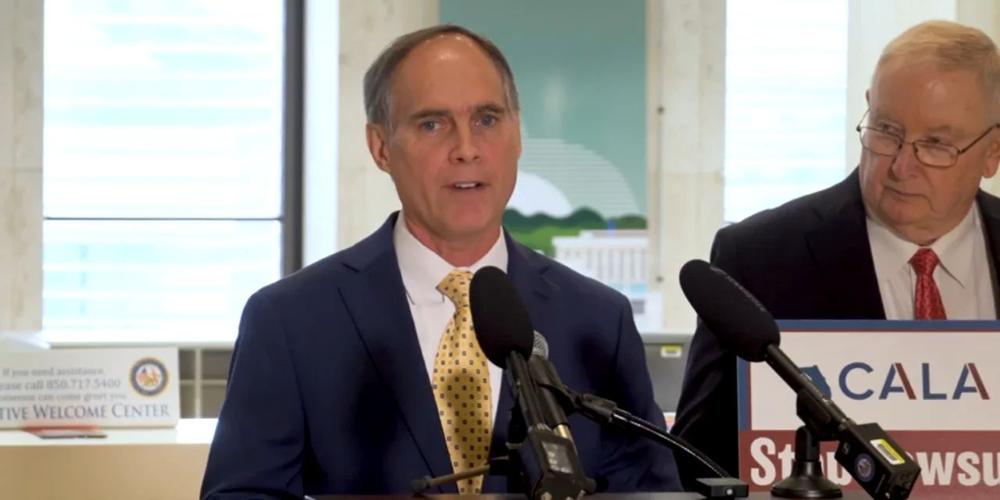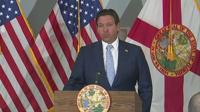
Florida Gov. Ron DeSantis
TALLAHASSEE – Florida Gov. Ron DeSantis vetoed a measure that would have repealed restrictions on medical malpractice lawsuits in the state, saying that the bill would have run afoul of his tort-reform efforts and opened the door to “abuse by predatory attorneys.”
DeSantis vetoed House Bill 6017 by Reps. Dana Trabulsy (R-Fort Pierce) and Johanna Lopez (D-Orlando) on May 29. The measure would have expanded the scope of damages available to plaintiffs pursuing litigation under the state’s Wrongful Death Act, which critics have branded the “free kill” law.
That law bars the recovery of noneconomic wrongful-death damages in medical malpractice or negligence lawsuits for two classes of plaintiffs: children of the deceased who are 25 years of age or older or parents of a deceased child who is 25 or older at the time of death. This exception bars damages from losses that are more difficult to quantify, including loss of companionship or guidance and mental pain and suffering.
In his veto message, the governor referred to his previous statements that reform of medical negligence litigation required safeguards to prevent abuses by attorneys attempting to game the system, such as limitations on non-economic damages and lawyer fees.
“HB 6017 would repeal a decades-long reform enacted during a time of medical malpractice crisis,” DeSantis said in his veto letter. “In response to the growing public need for quality and affordable medical care, the reform placed limits on medical malpractice lawsuits by surviving adult family members to recover non-economic damages.”
He went on to say that overturning this reform was not likely to stop physicians from engaging in malpractice but would lead to higher costs for Floridians. In addition, DeSantis said a repeal would have detrimental effects for medical care and outcomes.
“This legislation would increase costs to provide health care services to Floridians, especially in our rural and aging communities, expose Florida's physicians and health care providers to unpredictable liability, drive physicians to leave the state and incentivize lawyers to bring unmeritorious claims,” DeSantis said.
But some Florida law firms had argued for an end to the “free kill” law because doctors could end up not being held accountable for grievous mistakes in certain situations.
The Palmer Lopez law firm offers the scenario of a physician who fails to identify early signs of cancer, leading to a patient becoming terminal. Without a surviving spouse or a child younger than 25, the patient becomes the sole person with legal standing to sue the doctor, meaning the lawsuit can advance only as long as the patient lives.
But that’s the reality for many malpractice victims in the state, according to the law firm.

Tom Gaitens
Florida Citizens Against Lawsuit Abuse (CALA), however, sees the veto as a demonstration of DeSantis’ commitment to legal reform and a necessary move to avoid doctor shortages, longer doctor’s office waits and health care delays.
“Once again, the residents of Florida have been safeguarded by the governor’s strong commitment to civil justice,” Tom Gaitens, Florida CALA’s executive director, said in a statement emailed to the Florida Record. “HB 6017 would have reversed key protections and expanded noneconomic damages while opening the door to limitless intangible loss verdicts in areas like pain and suffering.”
The veto reaffirms DeSantis’ commitment to tort reforms, which came under threat during this year's legislative session, according to Florida CALA. Those reforms have helped to reduce the power of “billboard attorneys” and led to a healthier insurance market in the state, the group said in a news release.










